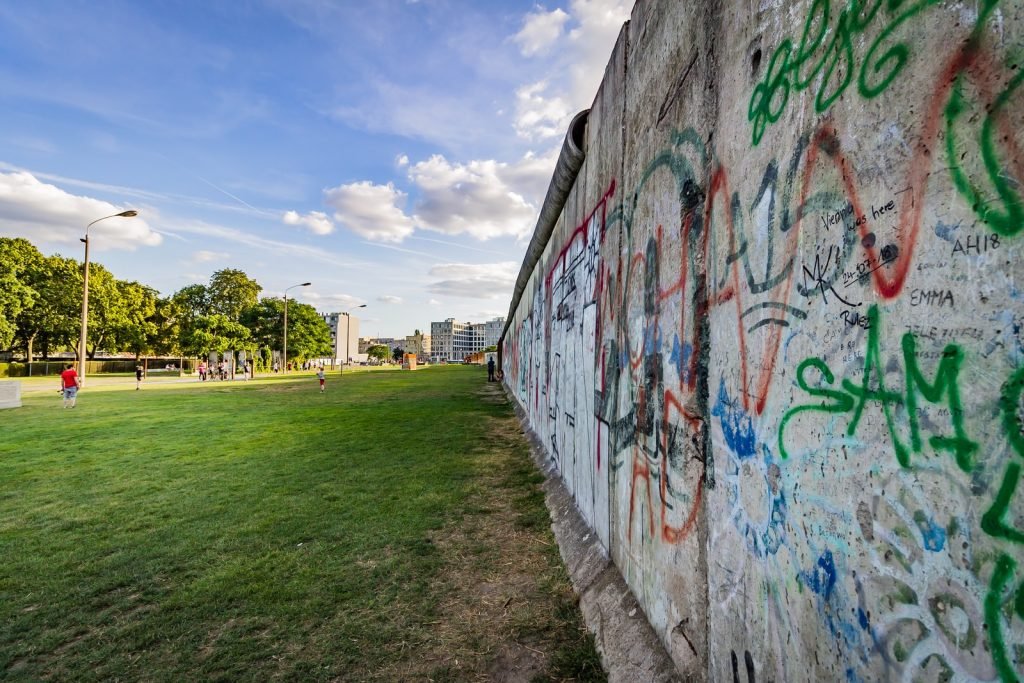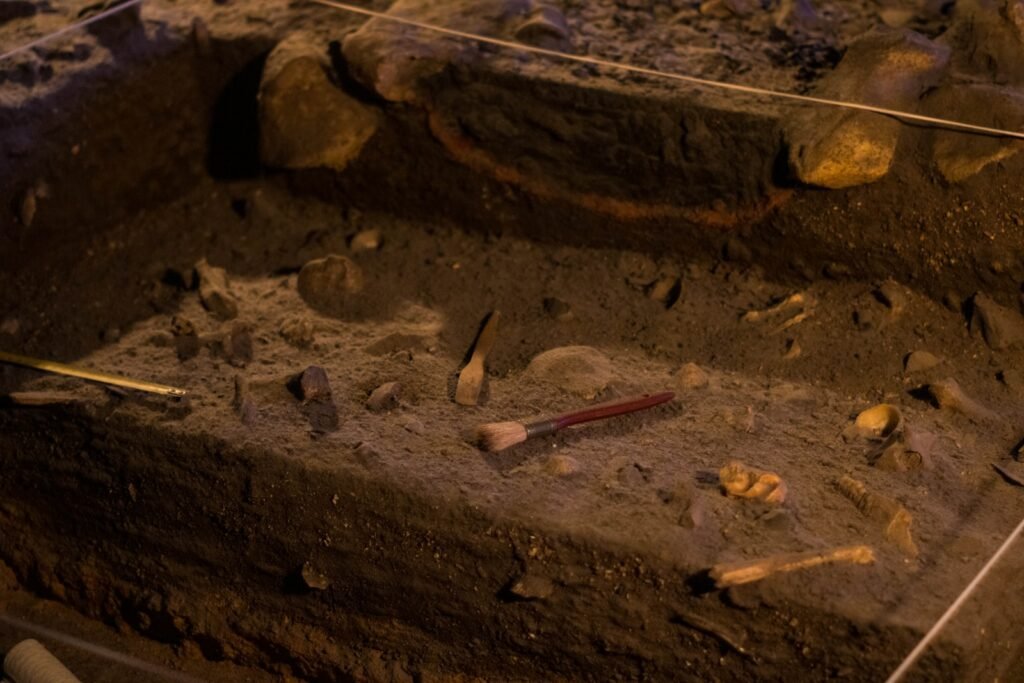Summer School Images of migration at the southern border. Geography & Communication for Social Change

MIGRIMAGE (Images of Migration on the Southern Border) is an Erasmus Plus Project that undertakes issues of representation of migration on the European southern borders, against racism and discrimination. It consists of a team of three Universities and three NGOs that work on the field and have knowledge and experience on issues of migration. For […]
The Balkan Peninsula and the Eastern Mediterranean in Late Antiquity

The study of the material culture of the Balkans and the Eastern Mediterranean in Late Antiquity requires an interdisciplinary approach, encompassing a series of humanities and social sciences. The course aims to present the archaeological evidence on a series of topics related with historical processes in Late Antiquity. We tackle topics such as the sphere […]
European political models

The course considers the foundations, the establishment and the typology of the political regimes in the Europe in geopolitical prospect (which includes the comparison between the main geopolitical regions of the continent: Western Europe, Central-Eastern Europe, Balkan Europe, Post-Soviet Europe, Southern Europe, Nordic world etc.). The course gives essential knowledge on the geopolitical characteristic of […]
International Summer School in Cognitive Science

This is the 28th annual International School in Cognitive Science at New Bulgarian University in Sofia. The school is world famous for offering a unique opportunity to young students and researchers to learn about topical themes and methodologies within this interdisciplinary area of research. Cognitive scientists have a common goal: understanding the nature of the […]
What went wrong? Dominant ideas since the erection of the Berlin Wall

Having overcome the destruction of the Second World War, by the early 1960s the world seemed set on a course to ever greater freedom (political and personal), affluence and solidarity. As the Berlin Wall came up in 1962, half the world remained behind it. But even there, greater freedom and a better life for all […]
Basics of Artificial Intelligence

Organizational unit: Centre for Transferable Skills Course type: Intensive course What is artificial intelligence and what can it do today? What are the technical basics and what effects does artificial intelligence have on work and society? The seminar looks at the technical and methodological foundations of artificial intelligence, gives an overview of today’s fields […]
Developing Writing Skills

Organizational unit: Centre for Transferable Skills Course type: Online course This course for non-native speakers provides students of all disciplines with the skills required to develop their academic writing in English. It is suitable for those who have to complete English assignments in any discipline. You will learn practical, transferable strategies – such as […]
Portfolio Choice over the Life Cycle

Organizational unit: Department of Economics Course type: Hybrid intensive course The course “Portfolio Choice over the Life Cycle” consists of two parts: 1.) Theoretical part: In this part, the concept and relevance of portfolio choice and of life cycle models in general will be introduced. Furthermore, we will discuss research on how to choose optimal […]
Human and Aquatic Resources

Organizational unit: Department of Biology Course type: Online course This is a multidisciplinary course, which does not require a prerequisite knowledge about the aquatic environment. This course reviews interaction between humans and aquatic resources. We focus on the types of aquatic ecosystem services to humankind and the anthropogenic effects brought by humans on these […]
The institutional landscape. Between theoretical approach and the archeological examples of the Iranian highlands in Late Antiquity

Organizational unit: Department of History Course type: Hybrid course Every complex political system has institutions that express themselves in ways that structure the landscape physically and mentally; the latter can therefore be seen as a perceived, rather than an objective space. Accordingly, it is possible to interpret “institutional landscape” as the imprint of institutions in […]
